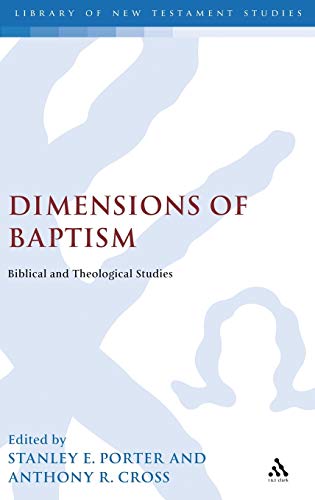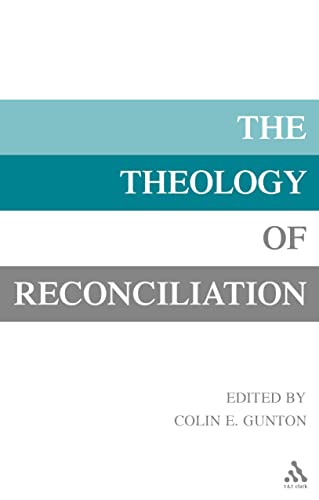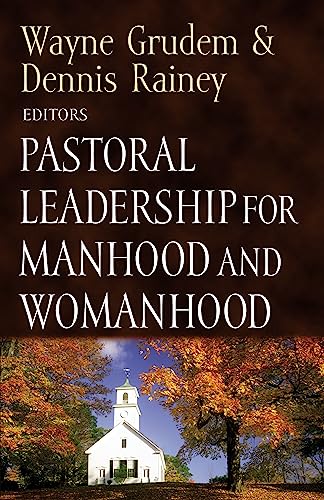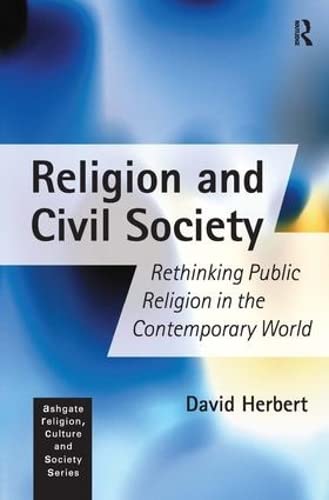BEYOND THE BOUNDS, OPEN THEISM AND THE UNDERMINING OF BIBLICAL CHRISTIANITY
Written by John Piper, Justin Taylor, Paul Kjoss Helseth (eds) Reviewed By Peter SanlonThese essays are an impressive response to the issue of Open Theism, the increasingly popular idea that God cannot exhaustively foreknow the future. The book interacts with Openness Theology in a way that clearly explains the issues and calls us to a joyful adherence to the God revealed in Scripture.
The eleven essays are helpfully organised into five sections:
Historical Influences
Philosophical Presuppositions and Cultural Context
Anthropomorphisms, Revelation and Interpretation
What is at Stake in the Openness Debate?
Drawing Boundaries and Conclusions
Many books have responded to Openness Theology. At least two distinctive contributions make this one worthwhile. Firstly, several essays explore the history, presuppositions and popularity of Openness Theology. This is helpful as it enables the reader to get a ‘bird’s eye view’ on the debate. So for example, Openness theologians often claim that the church has allowed Hellenistic philosophy to infect our classical views of God. In response Russell Fuller’s essay shows that the rabbis understood anthropomorphisms and did not all accept Hellenistic philosophical assumptions about God. This is a helpful clarification to the debate. Chad Owen Brand pushes this issue further, arguing that Openness Theologians accuse traditional Christianity of being infected by alien cultural influences, but in reality there are a number of points at which the Openness movement has been compromised by its acceptance of secular assumptions. These essays provide an essential backdrop to the debate which helps one evaluate arguments better.
A second distinctive of this book is its emphasis on the necessity and nature of theological disagreement. Throughout history, theological response to heresy has been one of the main ways God has guarded his gospel. One has only to think of some great works that were explicitly polemical responses to error—Irenaeus against Gnosticism, Jonathan Edwards against a weak doctrine of sin, John Calvin against Roman Catholicism, Jim Packer against denials of Inerrancy. Many of the Bible’s books are explicit responses to wrong teaching e.g. Galatians and 1 John. Beyond the Bounds is explicitly polemical in this classically Christian sense. It argues against a view held to be ‘theologically ruinous, dishonouring to God, belittling to Christ, and pastorally hurtful’ (Piper, 371). In a postmodern age that is fearful of disagreement, the precision and clarity of argument in these essays is commendable. There is wise advice in the introduction by Justin Taylor about how and why to disagree—prescient words for today’s theological students,
We must distinguish between a tolerant spirit towards persons that manifests itself in love, and a tolerant mind towards ideas that is never able to come to a knowledge of the truth (Taylor, 17).
Wayne Grudem’s essay asks pertinent questions about how one should deal with error in an organisation or church.
Mark Talbot’s essay merits special mention. Talbot explains that he seriously injured himself as a child and for some time held views analogous to Openness teaching. In the end he found the classical view to be both Scriptural and pastorally compelling. As Openness thinking often claims to be a loving response to suffering, it is deeply humbling to read of a man who can refute that claim from Scripture and experience.
In conclusion, this book not only responds to the Openness of God debate with shrewdness and Biblical insight, it is also an excellent example of Christian polemical theology that will help any reader develop the skills of thought and analysis necessary for other areas of theology.
Peter Sanlon
Peter Sanlon is writing a systematics theology PhD at Cambridge University on Augustine’s preaching. As an Anglican ordinand, he attempts to be involved in local church ministry alongside academic research. He edits the journal Still Deeper at www.stilldeeper.com. When possible he helps his wife restrain their pet kittens from eating their furniture.







